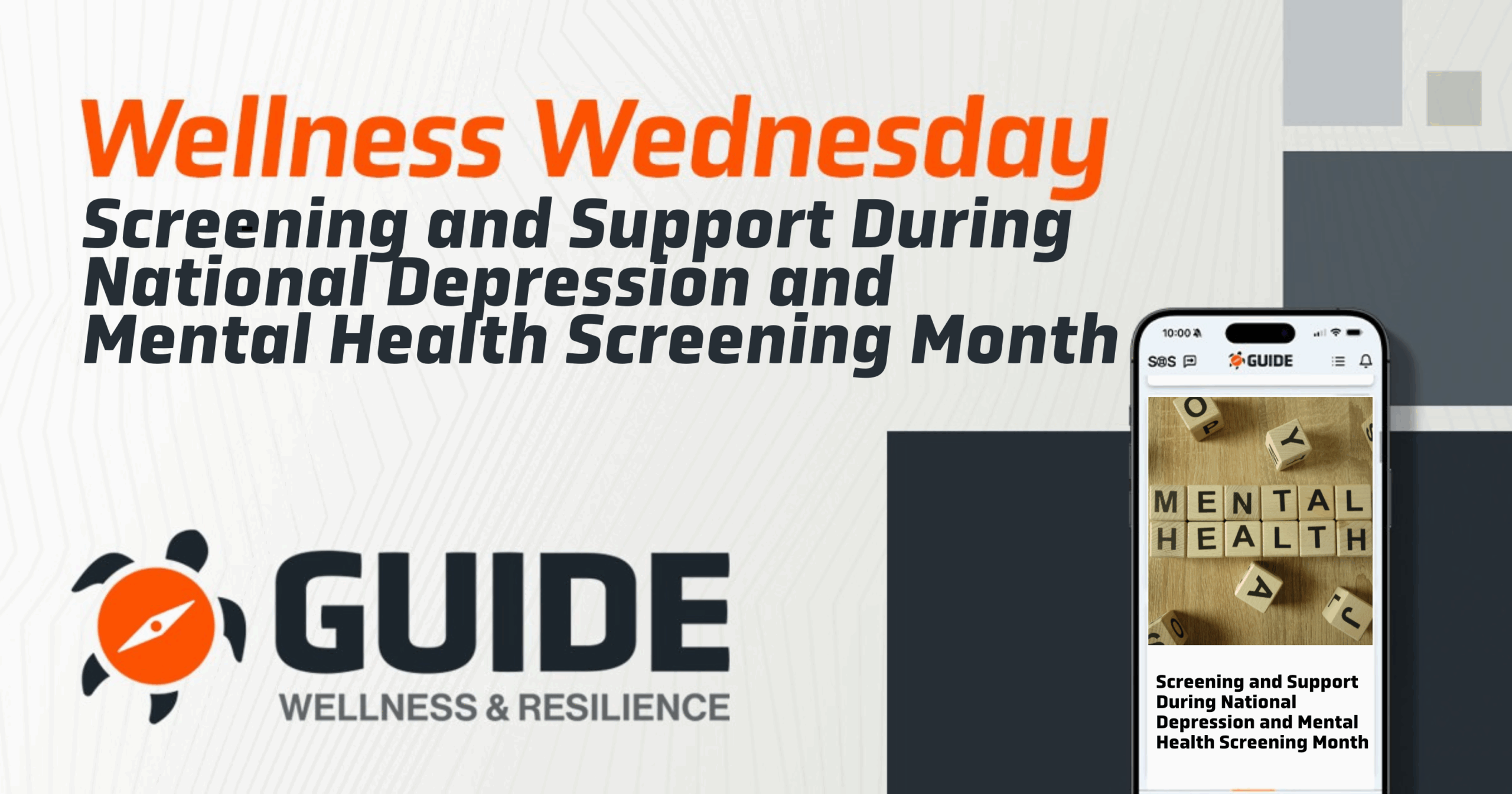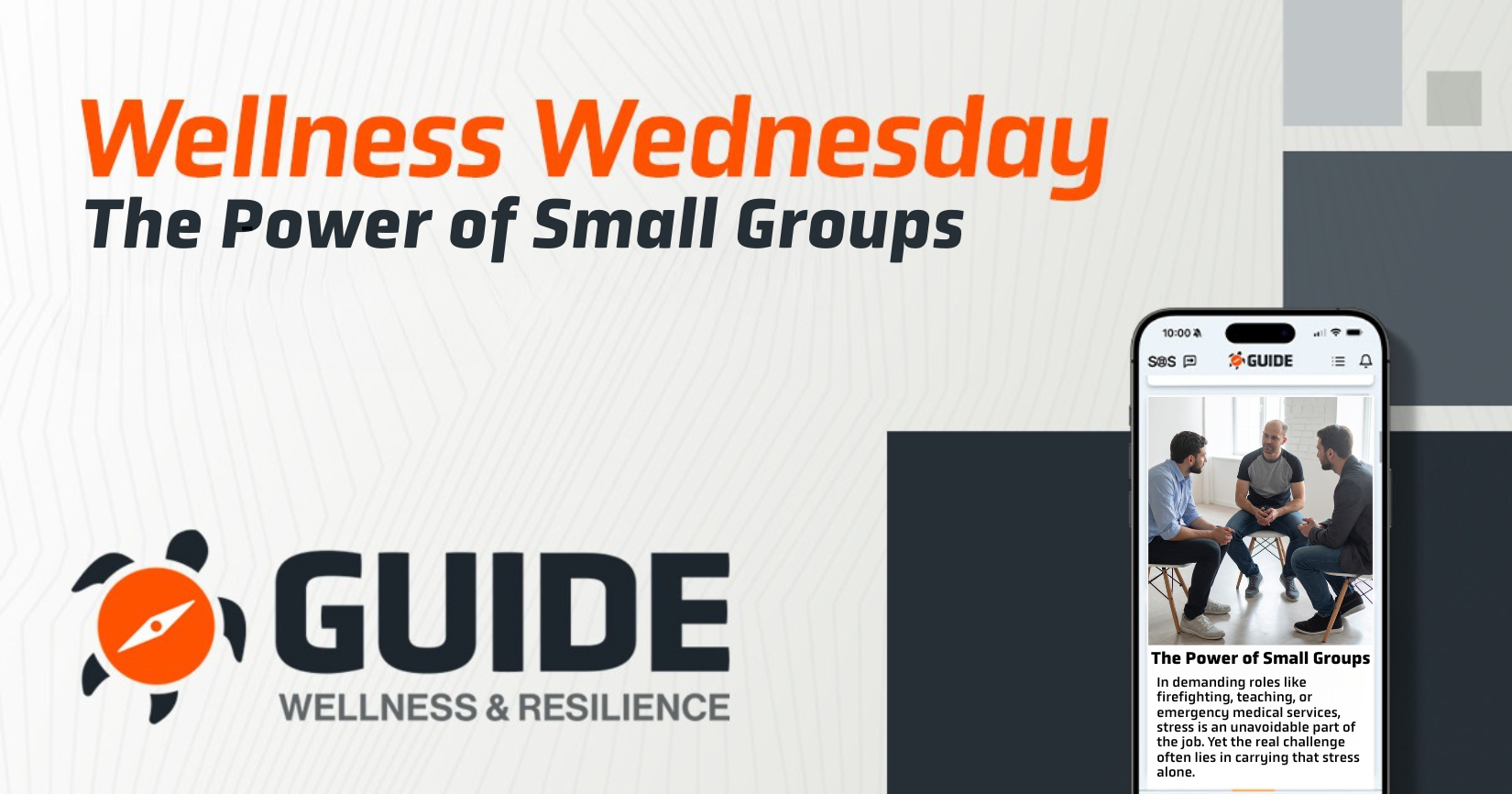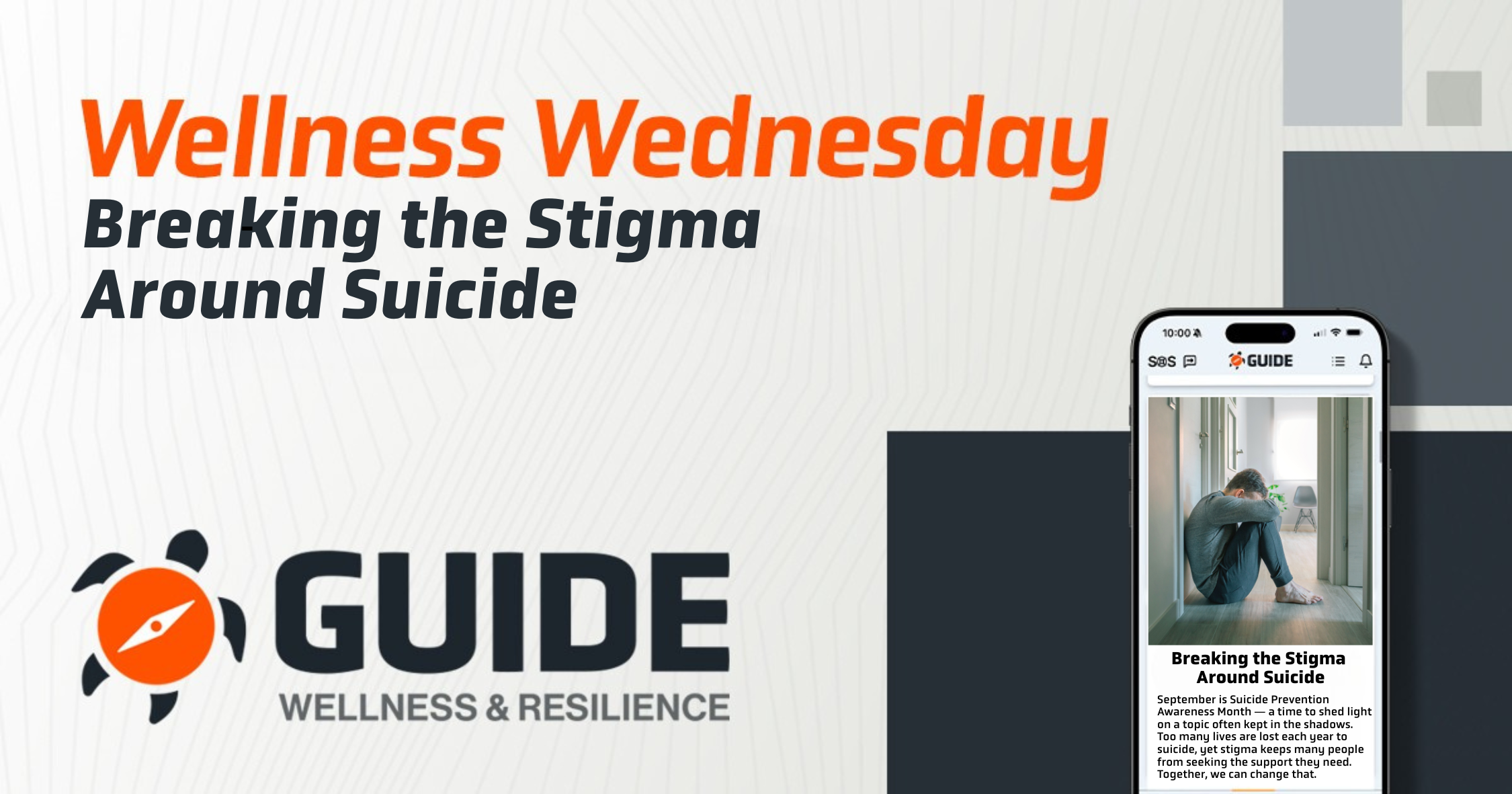October is National Depression and Mental Health Screening Month, a reminder that checking in on your mental health should be as routine as checking your blood pressure or fitness level. For first responders, the stakes are even higher.
Research from the Journal of Emergency Medical Services shows that up to 37% of first responders experience symptoms of depression, compared to about 7% in the general population. That gap is fueled by long hours, traumatic calls, disrupted sleep, and the culture of always being “on.”
Why screening matters
Just as early detection of a physical injury improves recovery, early recognition of mental health symptoms can prevent more serious challenges down the line. Simple screenings and conversations with trusted professionals can be the difference between coping and crisis.
Practical steps you can take now:
- Schedule a screening: Many workplaces and health organizations offer quick, confidential depression screenings in October.
- Check in with your crew: A peer asking “How are you, really?” can open a door.
- Prioritize basics: Sleep, hydration, and nutrition are all proven to stabilize mood and improve resilience.
- Use tools that support wellness: Apps like GUIDE offer strategies to manage stress, improve sleep, and build resilience — practical steps that complement, but never replace, professional care.
This month is about recognition and action. Screening is strength, not weakness, and it’s one of the most important steps you can take for yourself, your family, and your crew.
See how GUIDE supports resilience and recovery: https://theguideapp.com/get-started/
Disclaimer: GUIDE does not diagnose, treat, cure, or prevent any mental health conditions. If you are experiencing symptoms of depression or another mental health concern, please reach out to a qualified professional. If you are in crisis, dial 988 in the U.S. for the Suicide & Crisis Lifeline.




